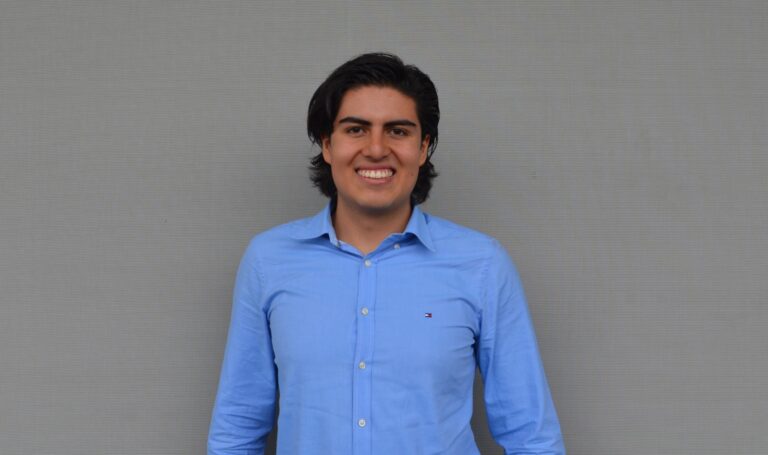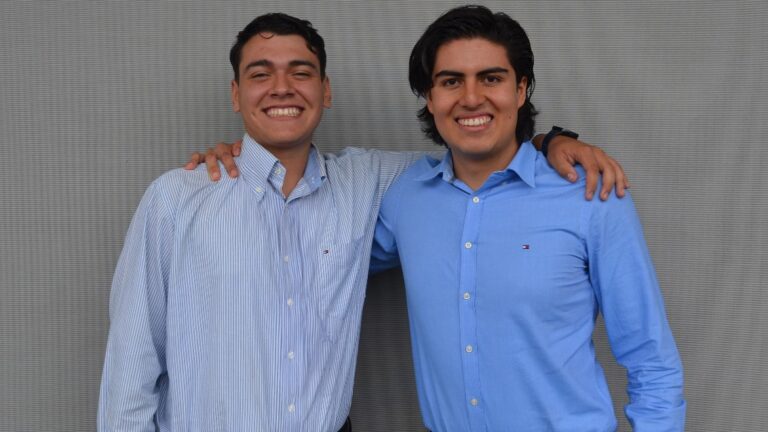heading

Hello, my name is Pablo Alejandro Olivares Ramírez and I\’m 18 years old. I\’m a student from Tonalá, Jalisco, Mexico, with a strong passion for science. I love finding creative solutions to real problems, especially those related to water and the environment.
I enjoy working in teams, leading projects, learning new things, and fully developing my other passions, such as music.
I\’m proud to represent my community and my country, Mexico, in the Stockholm Junior Water Prize 2025. I look forward to sharing my ideas, learning from others, and showing the strength of Mexican youth in science.
Tell us what the water concern in your country is!In my country, the lack of sustainable infrastructure and low awareness about waste disposal cause severe water pollution and waste. This situation leads to the contamination and loss of large amounts of water every day, which deeply concerns me.
From where comes your interest in water?My interest began when I saw how poor treatment practices were polluting water sources. I became very concerned and took it as a mission to explore innovative, practical solutions that could reduce contamination and help communities.
This is what I think is one of the solutions for a sustainable future:One solution is to create low-cost treatment systems that benefit both the community and the system operator, promoting circular economy principles and environmental care through accessible, sustainable technologies.

NixtaFlow: Sustainable Water Use in Tortilla Production
This study developed a sustainable system to treat and reuse nejayote, the potentially polluting wastewater from maize nixtamalization—a key step in making tortillas, a staple food and cultural icon in Mexico. Using a mechanical sedimentation process that requires no electricity, solids are separated and the liquid is clarified within 90 minutes, allowing water to be reused up to three times and reducing overall consumption. The recovered solids can be reincorporated into the dough, enhancing tortilla quality. An environmental label is also proposed to identify sustainable producers. Experimentally validated, the system is technically, economically, and environmentally viable. Aligned with the 2030 Agenda, this replicable model promotes circular practices, supports resource recovery, and offers environmental and economic benefits at both local and…

